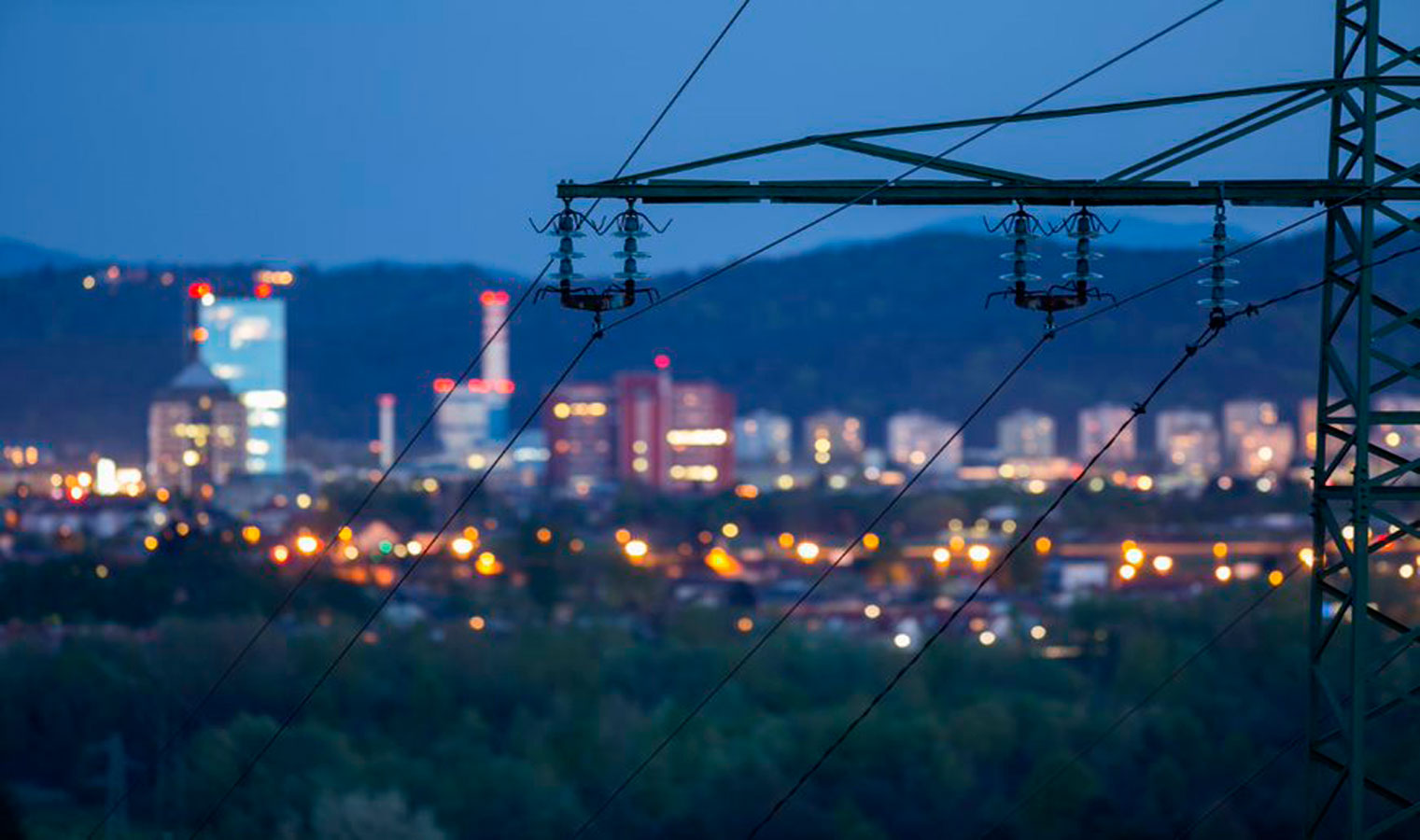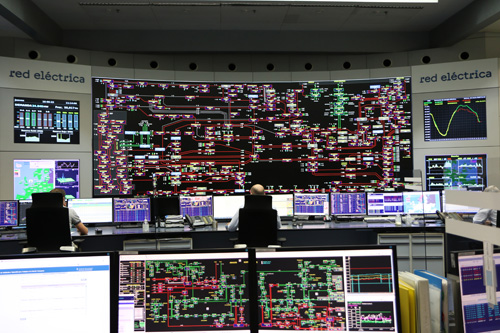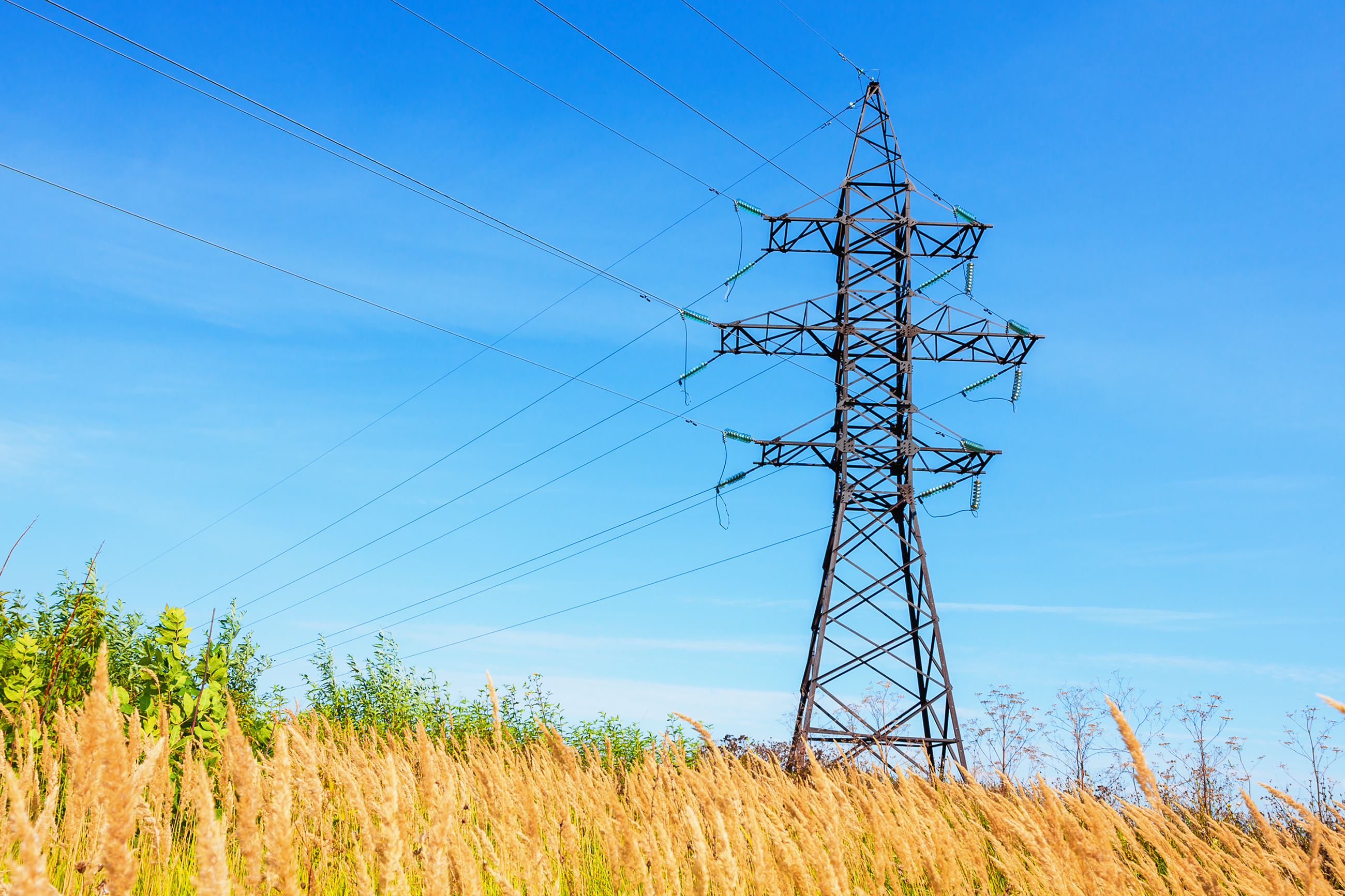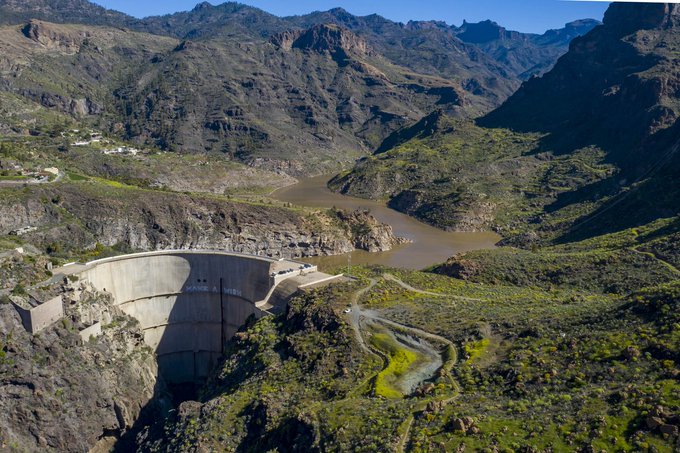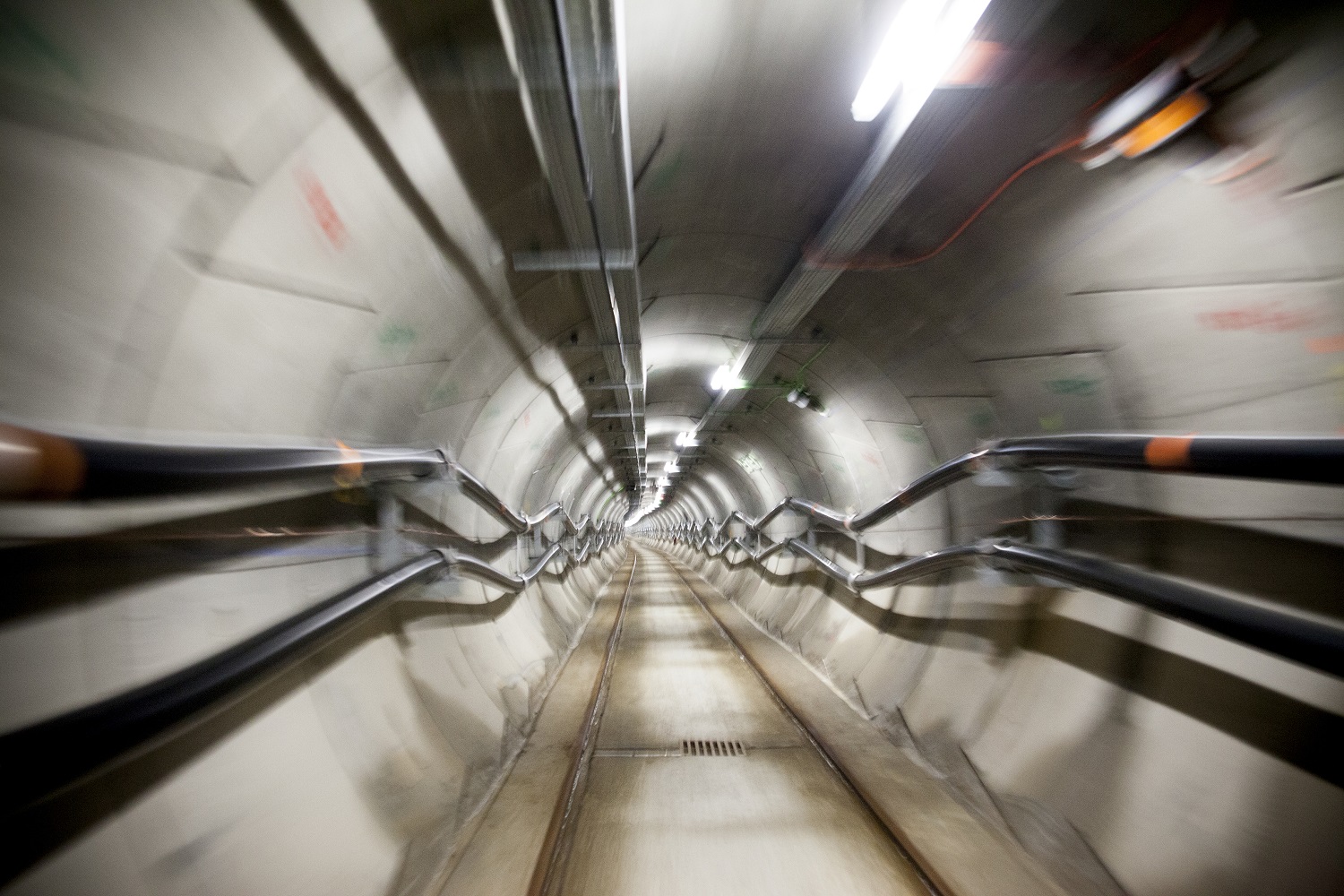For 40 years, we've been driving our country's economic and social progress. Four decades shaping Spain.
Red Eléctrica collaborates on ways to improve energy efficiency in the municipality of Cariñena
- The Company is financing the installation of a new sustainable public lighting system in the Urbanización de la Constitución, a residential area of the town
Cariñena (Zaragoza) will soon have more sustainable public lighting thanks to the collaboration between the town council and Red Eléctrica de España, which is financing the installation of energy-efficient LED lamps for the street lighting system of the residential area of the Urbanización de la Constitución with a total of 14,400 euros. The work, which will be carried out over the next few days, will lead to significant savings in electricity consumption, as well as a general improvement in the lighting of this area.
Red Eléctrica’s Regional Delegate in Aragón, José Ignacio Lallana, together with the Mayor of Cariñena, Sergio Ortiz, visited the area where the new lighting is to be installed, which is a highly frequented zone in addition to have of fifty individual family homes and housing the public school of Cariñena.
This collaboration project is part of the actions carried out by Red Eléctrica with the aim of creating shared value for all its stakeholders, as stated in its 2030 Sustainability Commitment and in its corporate responsibility policy, which is especially evident in those localities where the Company has electricity transmission facilities. In the case of Cariñena, Red Eléctrica has been building a new 400 kilovolt (kV) substation since last September, a facility which is key to progress in the electrification of the railway axis that connects the cities of Zaragoza, Teruel and Sagunto.
The construction of this substation and the 400 kV double-circuit line that will connect it to the grid will involve an investment of 8.3 million euros and is expected to be completed by the middle of 2021.
The Cariñena substation, in addition to helping decarbonise rail transport by supplying electricity to this railway axis, will also enable the integration of a large volume of renewable energy that will be generated in facilities located near the town; facilities whose projects have already received the necessary transmission grid access and connection permits.


